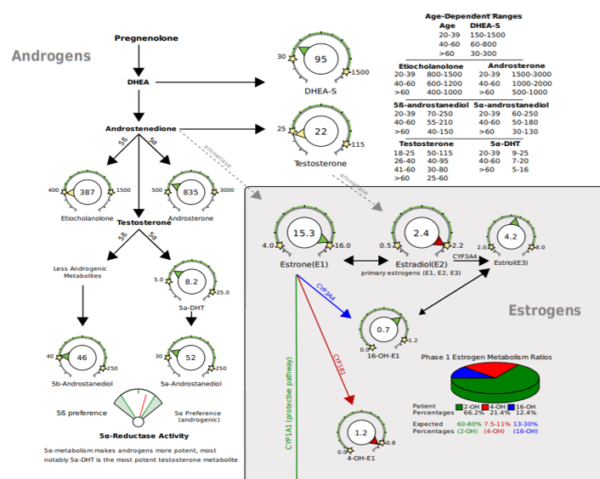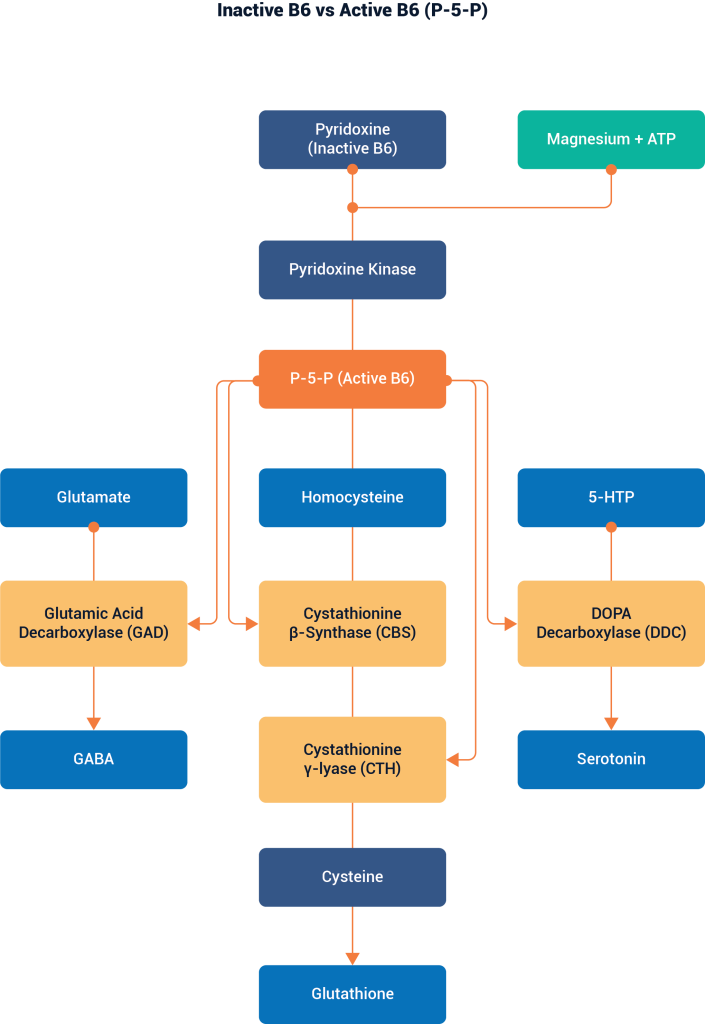As functional medicine practitioners, we often look to how we can support not just one area of the body, but how different areas of the body interact with each other and what tools we can use to maximise healing and wellness overall.

Magnesium in Osteopathic Treatment
Magnesium has been shown to have positive effects on the bone mineral density of both men and women, and is involved in bone formation, influencing the activity of osteoblasts and osteoclasts.
When it comes to many pain-related issues resulting from severe inflammation of the body, magnesium can assist with pain management due to its anti-inflammatory benefits. It can therefore play a role in the treatment of issues such as back pain, neck pain, whiplash, overuse injuries and sports related recovery.
When it comes to the recovery of sport related issues, magnesium can assist with relieving lactic acid build up in muscles and promoting the production of protein within the body, resulting in a more effective recovery process.
Signs of Magnesium Deficiency
Those who are deficient may suffer from chronic muscle pain and spasms, low energy, headaches and digestive issues. Although research has shown that we can see amazing benefits from magnesium supplementation even if we are not clinically deficient.
What Form of Magnesium is Best?
Magnesium can be found in many different and varying chemical forms. Some forms are better absorbed by the body, and are therefore more effective than others. On the other hand, some forms of magnesium can target specific areas of the body better than others. Below is a quick comparison of when you might prescribe one form over another, or even combine multiple forms, to maximise various uptake mechanisms.
Magnesium Citrate
A form of citric acid and one of the most commonly used forms of magnesium, the highly absorbed magnesium citrate is known for its calming effects and is used to help soothe muscle cramps and the nervous system, in turn helping to relieve symptoms of stress, anxiety & restlessness.

Magnesium L-Threonate
Magnesium L-Threonate is an easily absorbed, extremely bioavailable form of magnesium, and is the optimum form for supporting brain and nervous system health.
Magnesium L-Threonate is known for its ability to readily cross the blood brain barrier thus serving as a neurological cofactor in cognitive, mood and stress related functions.
Therefore, it is the best form for increasing magnesium levels in the brain cells, in turn assisting with the management of brain disorders such as age-related memory loss, depression and stress related symptoms.
Recommended Purpose: Magnesium L-Threonate is effective for the management of brain related support and nervous function.
Magnesium Glycinate
Formed from elemental magnesium and the amino acid glycine, magnesium glycinate is a calming agent and is most commonly used as a dietary supplement to help improve sleep and treat symptoms of anxiety.
Magnesium Glycinate is also used to help support a range of inflammatory diseases and chronic disorders such as diabetes. Magnesium Glycinate is the form most unlikely to cause irritations of the bowel such as diarrhoea, therefore is the most effective source of magnesium for long-term consumption.
Recommended Purpose: Magnesium Glycinate is effective for the management of inflammatory disease, as well as maintaining nervous system function. Magnesium glycinate is recommended to help manage symptoms of depression, anxiety and stress.
Magnesium Orotate
Magnesium Orotate is an easily absorbed form of magnesium that includes orotic acid.
Orotic acid is a natural substance involved in the process of the body’s construction of genetic material such as DNA. A popular form amongst athletes, magnesium orotate assists in the process of moving blood sugar into fatigued muscles, in turn assisting in the elimination of lactate. This assists those with physical jobs, athletes or fitness enthusiasts and supports the recovery of their bodies, resulting in a more efficient recovery time.
Recommend purpose: Magnesium Orotate is the recommended form of magnesium to help support the recovery of athletes, those with physical jobs and fitness enthusiasts.
Summary
Using different forms of magnesium can be a great tool in your treatment tool box – just make sure you’re using a form (or forms) that is not only highly bioavailable but also the optimal form for your specific patient needs.
Recommended Products:
- RN Labs Mixed Mag Forte Powder – Mixture of Mg Citrate, Glycinate and Orotate, plus Taurine for additional cellular transport support
- RN Labs Pure Magnesium Threonate Compounding Powder
- RN Labs Magnesium Citrate
- RN Labs Magnesium Glycinate




